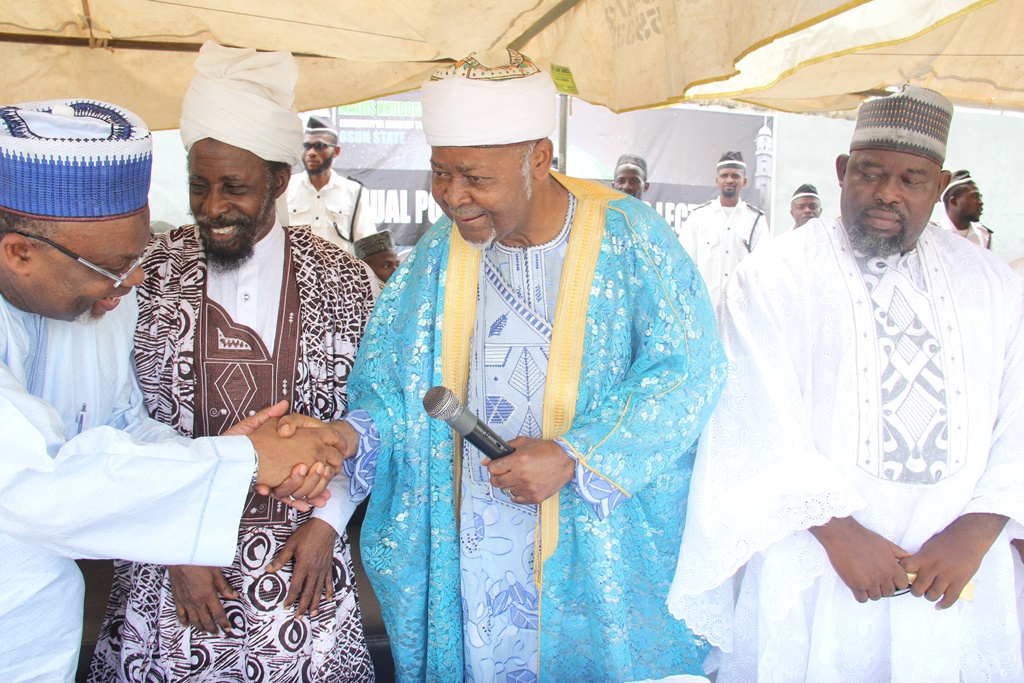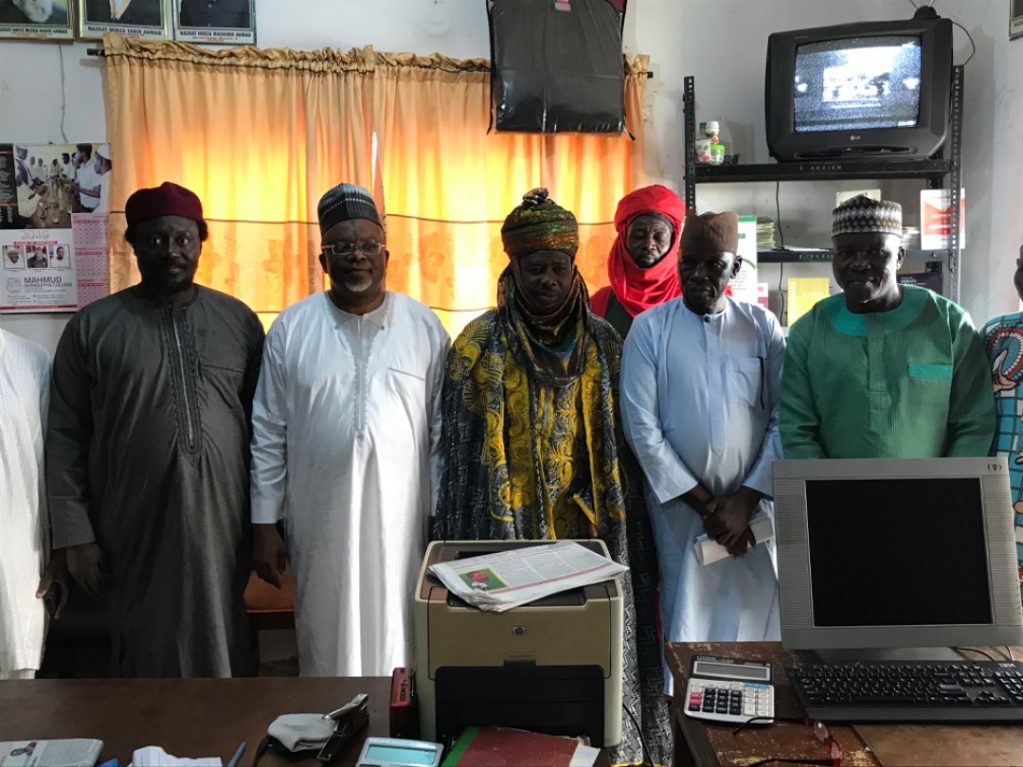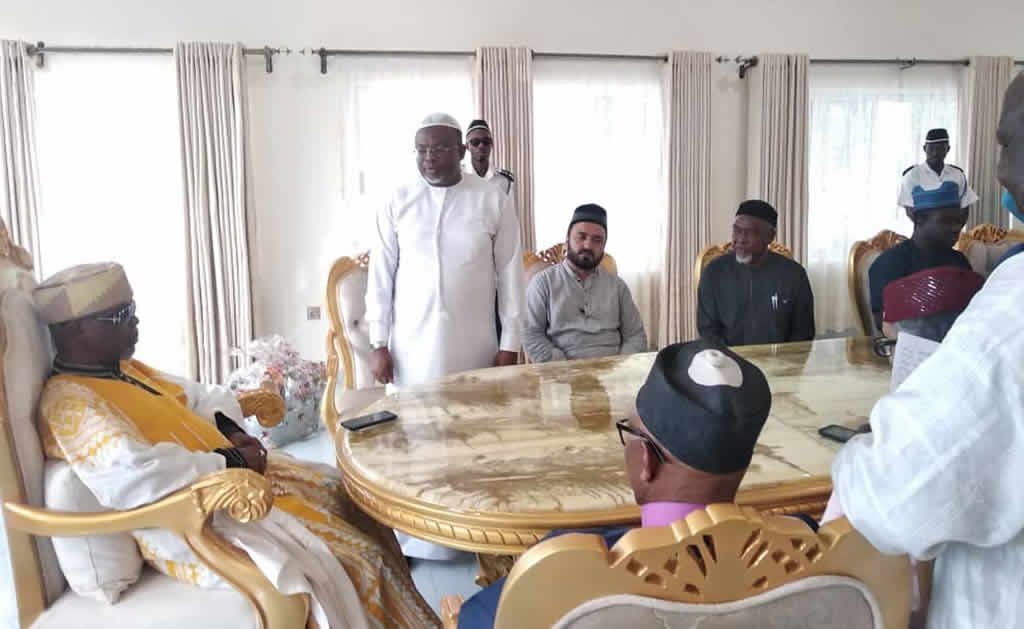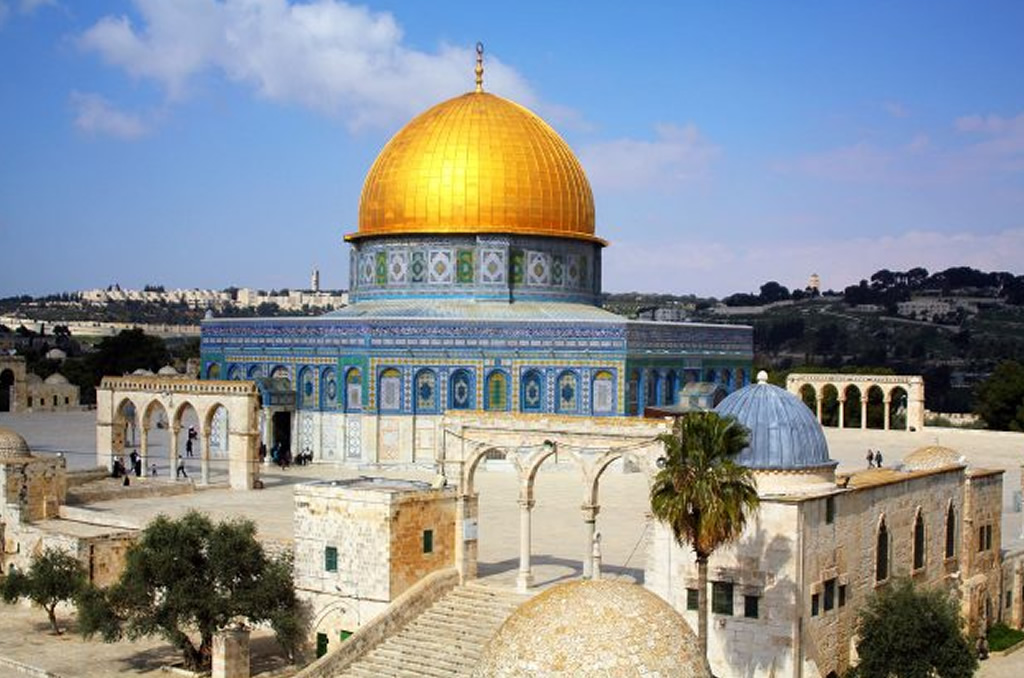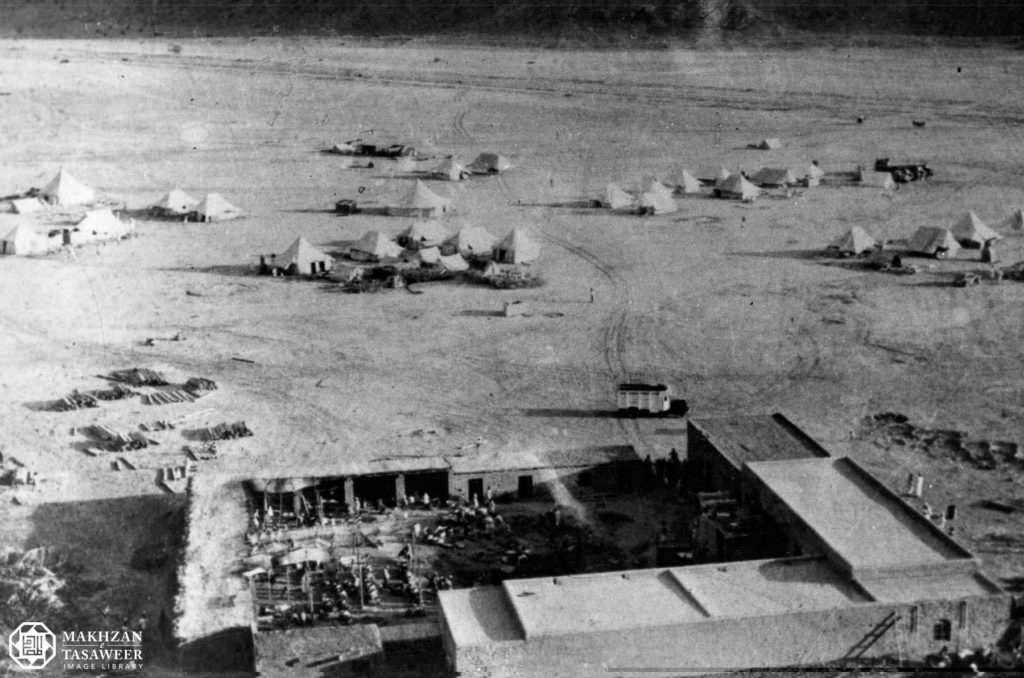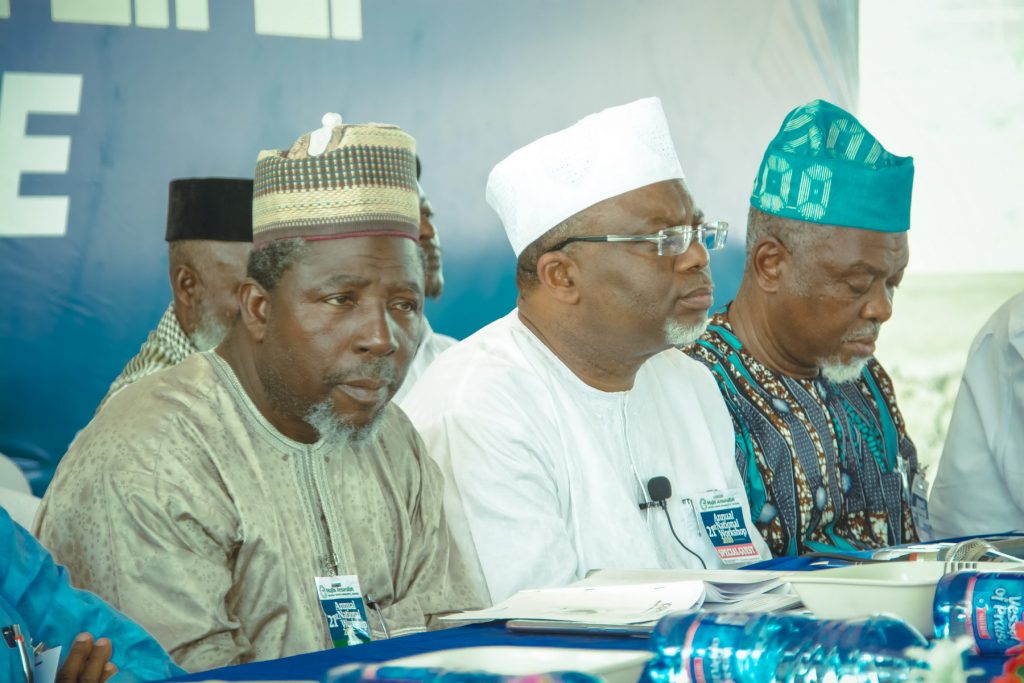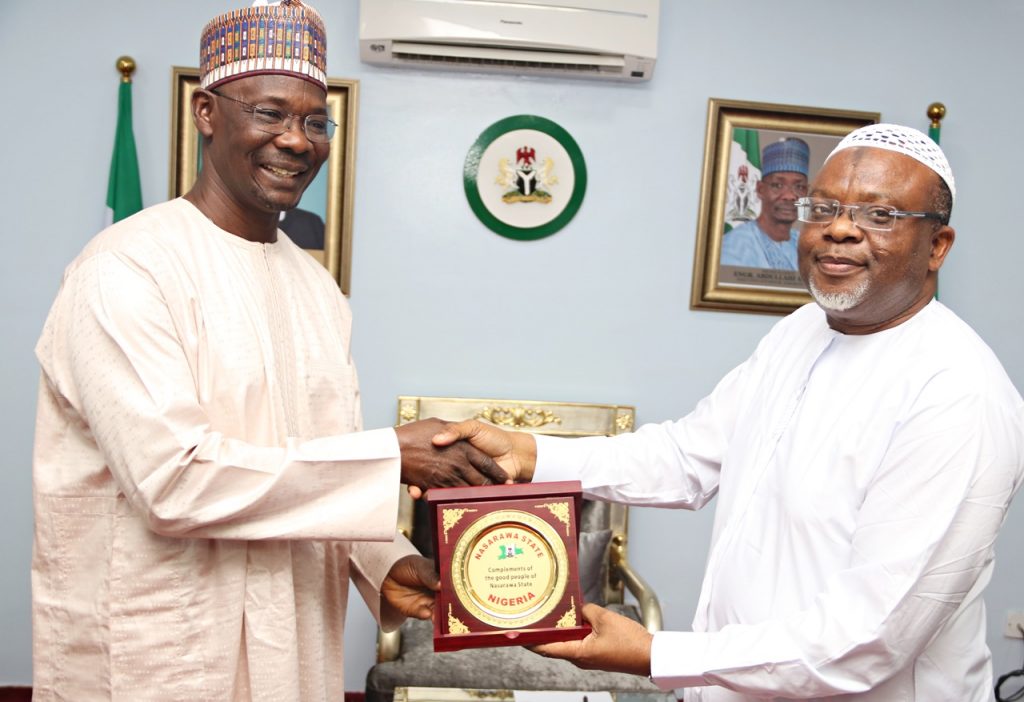Narrated by Syed Mir Mahmud Ahmad Nasir Sahib, son-in-law of Hazrat Musleh-e-Maudra. Al Hakam is grateful to Syed Mir Mahmud Sahib for sharing his personal recollections of a great Syed Mir Mahmud Ahmad Nasir A personal problem Aside from many other reasons, it is difficult to say anything about Hazrat Musleh-e-Maud, may Allah be pleased with him, because he was a universe in himself and an ocean of knowledge. I remember his great personality and become anxious as to whether I can even describe him adequately or whether I will be able to explain his characteristics completely and draw a sufficient sketch in the minds of readers and listeners. Given the situation, how can a person express such a vast, diverse and deep personality? This is a hurdle and I think that I will not be able to fulfill the responsibility of this article. Once, I reached for a notebook to write something, but I was not able to do it. One of the reasons was that I was afraid that I would not be able to fully introduce a great being like him. Another reason was that I could not stop my tears when remembering the compassion and kindness of his majestic personality. A personal hindrance in writing is that though I have seen Hazrat Musleh-e-Maudra myself, I have also heard a lot of things in the house from my elders over an extended period of time. Verbal accounts are equally important, but I am afraid that when people hear them from me, they will start considering them as my eyewitness accounts. Careful consideration of the narrated accounts is very necessary. In response to a man’s query about Hazrat Musleh-e-Maudra while I was serving in the United States, I said that I had not witnessed any prophet with my material eyes, but the closest person I had seen to a prophet was Hazrat Mirza Bashiruddin Mahmud Ahmadra, whom I observed closely. Love of God Regarding Hazrat Musleh-e-Maud’sra love for his Lord, I would say that people do remember God, but at times, they tend to forget Him. However, Hazrat Khalifatul Masih IIra states: سوؤں تو تجھ کو دیکھ کر، جاگوں تو تجھ پہ ہو نظر موت سے تھا کسے دریغ، اُس کا ہی انتظار تھا “I go to sleep looking at You [God] and when I wake, You are my focus. I am not reluctant to die because am waiting for death [so that I may meet You].” (Kalam-e-Mahmud, p. 182) Some people used to call Hazrat Musleh-e-Maudra a prophet owing to their innocence or deep affection for him. For instance, Chaudhry Ghulam Sarwar Sahib, who belonged to Sialkot, used to say that Hazrat Musleh-e-Maudra did not call himself a prophet because of his humility, but people should call him a prophet. I [Syed Mir Mahmud Ahmad Nasir Sahib] have also heard one such incident that listening to similar discourses, Hazrat Musleh-e-Maudra said, “Some people call me a prophet, but I am certainly not a prophet,” but after a short pause he stated, “I wonder whether the love of God I have in my heart is somehow less than that of prophets?” He had a yearning for attaining God’s love. Though I am not an eyewitness, I have also heard another incident that occurred in Qadian. Once, Hazrat Musleh-e-Maudra became very ill. There were frequent announcements in the newspaper and requests for prayer were made. A regular pronouncement was published by Hazrat Amma Janra that her son, Mahmudra was ill. After some time, Allah the Almighty blessed him with good health. He visited the house of Hazrat Umm-e-Tahirra for a formal meal. Food was served, but he would not eat it. In fact, he would not even pay heed towards it. His family members requested him to start eating. Then in a very unique manner, expressing great displeasure, he told his relatives upon their repeated requests, “I was sick; I was to die and meet my God I was to see Him, but you all prayed and my health was restored.” He said this due to his passion of beholding the Divine. The narrator of the incident states that he left without eating any food. Greatness and glory I will now describe a bit about the feeling people used to experience when they would see Hazrat Musleh-e-Maudra and the way they would observe him. To put it briefly, they used to experience a kind of grandeur, spiritual elevation, splendour, magnificence and dignity. It was as if a person was standing beneath a great mountain of the Himalayas and the mountain was about to come tumbling on them. However, looking closely, people would be filled with the certainty of affection, compassion, benevolence and kindness. This is not just my personal impression, rather just as has been said [to the Promised Messiahas]: نُصِرْتُ بِالرعْبِ “You have been helped with prestige”, similarly, he too had an awe-inspiring personality that was full of grandeur, glory, excellence and honour. When I imagine the pure life, prominence and magnificence of Hazrat Musleh-e-Maudra, the following verse of the Holy Quran comes to mind: الَّذِیۡ خَلَقَ سَبۡعَ سَمٰوٰتٍ طِبَاقًا ؕ مَا تَرٰی فِیۡ خَلۡقِ الرَّحۡمٰنِ مِنۡ تَفٰوُتٍ ؕ فَارۡجِعِ الۡبَصَرَ ۙ ہَلۡ تَرٰی مِنۡ فُطُوۡرٍ۔ ثُمَّ ارۡجِعِ الۡبَصَرَ کَرَّتَیۡنِ یَنۡقَلِبۡ اِلَیۡکَ الۡبَصَرُ خَاسِئًا وَّ ہُوَ حَسِیۡرٌ “… Who has created seven heavens in harmony. No incongruity canst thou see in the creation of the Gracious God. Then look again: Seest thou any fl aw? Aye, look again, and yet again, thy sight will return unto thee only confused and fatigued.” (Surah al-Mulk, Ch.67: V.4-5) For 52 years, Paighamis [otherwise known as Lahori Ahmadis] and non-Ahmadi scholars kept trying to find faults in Hazrat Musleh-e-Maudra but were unable to do so. I remember one scene vividly. I was a bit late for Friday prayer. Normally, we used to reach the mosque before the arrival of Hazrat Musleh-e-Maudra. He would come and then the muazzin would make the call to prayer. Huzoorra would wait by the pulpit and then stand up to deliver the sermon. On that specific day, I saw that the Huzoorra departed to lead

